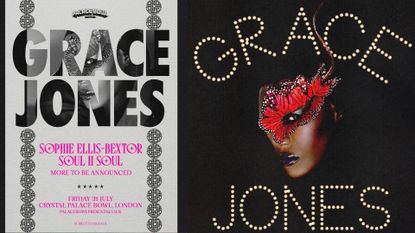News
-

Radiohead's Jonny Greenwood teases another tour and new album
Do you want the good news or the bad news?
By Andrew Williams Published
music -
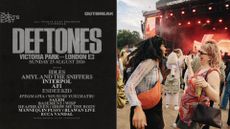
Big names added to the Deftones All Points East Outbreak festival line-up, including Interpol and AFI
Private Music goes public
By Andrew Williams Published
music -

Check out the 7 London John Lewis stores with a Topshop (and the one with Topman)
Yes, there are skinny jeans
By Andrew Williams Published
style -

A brand new Game of Thrones play is heading to the UK this summer – and George R R Martin is producing
Winter may be coming but so is a new show
By Hermione Blandford Published
entertainment -

Peaky Blinders returns: The Immortal Man release date, trailer and everything else we know so far
Grab your flapcap and pour a whiskey
By Morgan Truder Last updated
entertainment -

Peaky Blinders: Immortal Man trailer sees Cillian Murphy and Barry Keoghan team up in gangster's paradise
We are so back baby
By Hermione Blandford Published
entertainment -
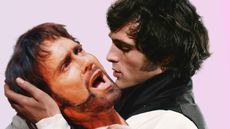
Forget Jacob Elordi — Cliff Richard's forgotten musical Heathcliff makes for the most unhinged Wuthering Heights adaptation
Respectfully, I am scarred
By Hermione Blandford Published
entertainment -

Dyson PencilWash is the ideal cleaning gadget for a London home
Power wash
By Andrew Williams Published
tech -

Gigantic immersive art experience begins construction in London's Westfield
Getting surreal in a shopping centre
By Andrew Williams Published
entertainment -

Brockwell Park's Wide Awake festival is finally officially cancelled (but we're still sad about it)
On a break
By Andrew Williams Published
music -
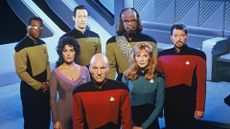
Star Trek is taking over London’s Science Museum to celebrate its 60th anniversary
Live long and prosper (by heading to the exhibition)
By Hermione Blandford Published
entertainment -
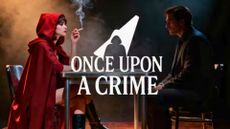
London just got a new immersive theatrical experience which puts a detective twist on fairytale classics
A happy ending isn’t a given
By Hermione Blandford Published
entertainment -

Pitbull’s BST Hyde Park show will attempt a Guinness World Record
Big old bald off
By Morgan Truder Published
music -

PLAYBOX social gaming bar is turning one – and it’s slashing every game to £1
Croydon’s competitive night out is about to get very cheap
By Morgan Truder Published
food-and-drink -

J. Cole announces two huge O2 shows as he finally returns to London
After nearly ten years away, J. Cole is finally back in London
By Morgan Truder Published
entertainment -

London Theatre Week is back for 2026 – and these are the best shows with discounted tickets up for grabs
Lights, camera, acting like you know what you signed up for
By Hermione Blandford Published
entertainment -

Chinese New Year London parade details: family fun, dragon dances and more
Year of the fire horse takes to the streets of London
By Andrew Williams Published
travel

